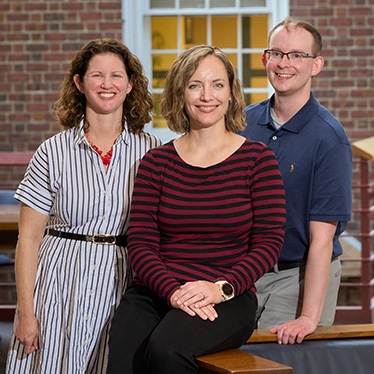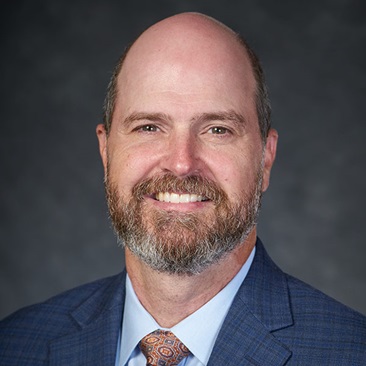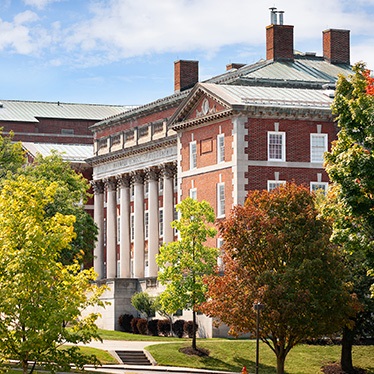Maxwell Professor Joins First Cohort of AI2050 Early Career Fellows
January 11, 2023
Schmidt Futures
Baobao Zhang has received up to $200K to research the role of citizens in the governance of artificial intelligence systems.
The increased use of artificial intelligence (AI) systems in workplaces, schools and public spaces has accelerated scientific discovery, improved digital assistants and brought myriad other benefits. Yet, it has also resulted in risks and harmful impacts—everything from amplified misinformation to crashes by autonomous vehicles.
While AI policy is a frequent topic among technical experts, government officials and advocacy groups, the public’s sentiment remains largely unexplored.
“From a normative standpoint, developing AI to benefit the public should involve citizens as key stakeholders in shaping the future of the technology,” says Baobao Zhang, assistant professor of political science at the Maxwell School.
Zhang is one of 15 scholars from across the U.S. chosen to serve in the inaugural cohort of AI2050 Early Career fellows who, according to the philanthropic organization Schmidt Futures, “will pursue bold and multidisciplinary research in artificial intelligence (AI)”. The fellowship provides Zhang up to $200,000 in research funding over the next two years.
She will partner with the nonprofit, non-partisan Center for New Democratic Processes (CNDP) to test whether public participation in AI governance is increased through the creation of public assemblies, known as “deliberative democracy workshops.” The CNDP will create an assembly of 40 people who represent a microcosm of the U.S. in terms of gender, race/ethnicity, age and income.
Over the course of eight sessions, assembly participants will hear from expert witnesses with diverse backgrounds and expertise, and they will deliberate and make recommendations to U.S. policymakers regarding high-risk AI applications.
“While tech companies and advocacy groups are active in the debate over what constitutes high-risk AI systems, the views of the public are less well understood,” she adds. “The standard approach of surveying the public to understand their preferences may be limited because many people lack expertise in the technical and legal aspects of AI governance.”
Zhang joined the Maxwell School faculty in fall 2021 as part of the University’s Artificial Intelligence, Autonomous Systems and Human-Technology Frontier cluster that focuses on the changing nature of human-machine interactions and the rapidly developing technologies of autonomous systems and AI.
Zhang is a senior research associate in the Autonomous Systems Policy Institute and in the Campbell Public Affairs Institute. She teaches classes in American politics, technology and public policy and quantitative analysis, including governance and ethics of AI.
Related News
School News

Oct 16, 2025
School News

Sep 30, 2025
School News

Sep 23, 2025
